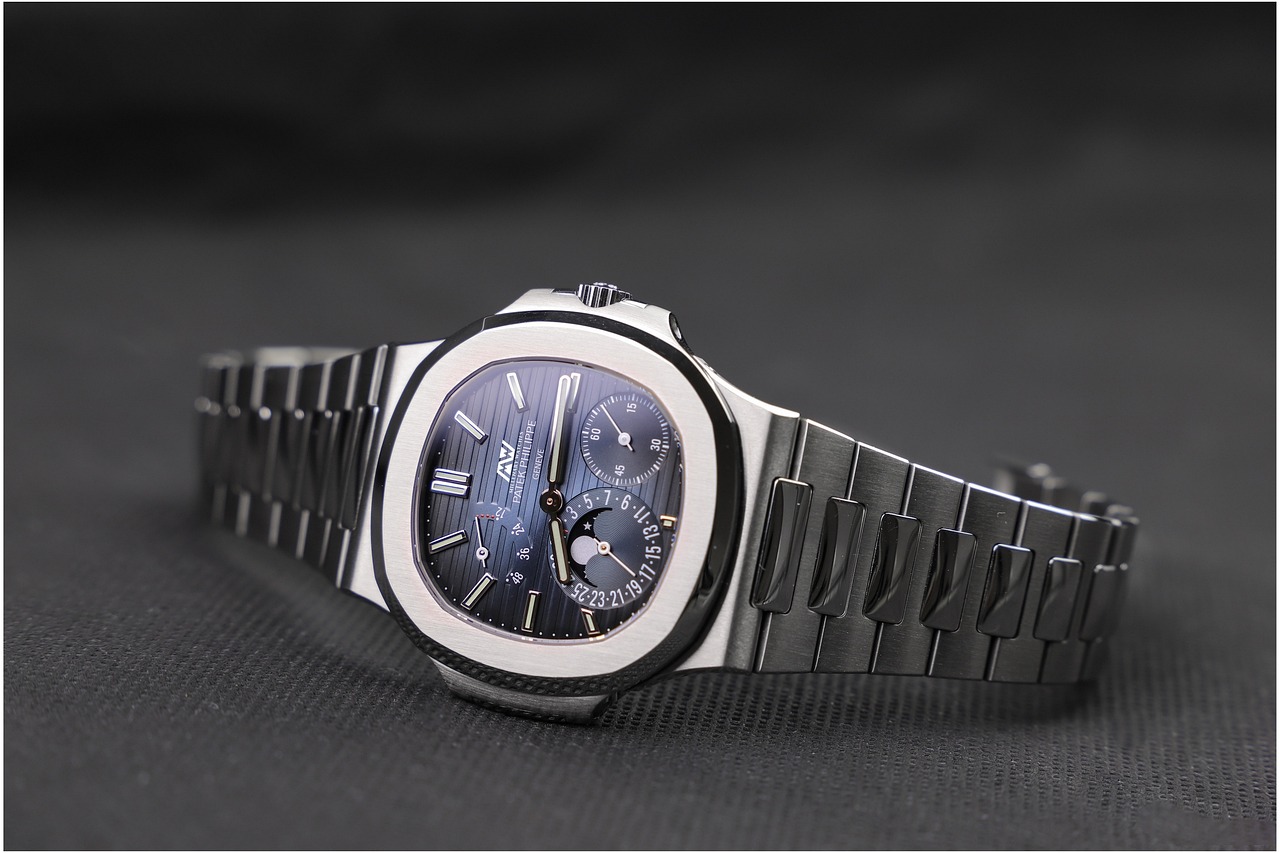Title: Translation of "故" into English
In Chinese, the character "故" has several meanings depending on the context in which it's used. Here are some common translations and explanations:
1.
Reason / Cause
: When "故" is used to denote a reason or cause, it is often translated as "reason," "cause," or "therefore" in English. For example:他迟到了,故未能参加会议。
Translation: He was late, so he couldn't attend the meeting.
2.
Formerly / Previously
: In some contexts, "故" can mean "formerly" or "previously," indicating something that was the case in the past. For instance:他故居在北京。
Translation: He formerly lived in Beijing.
3.
Story / Incident
: Another meaning of "故" is "story" or "incident," often used in the context of historical narratives or anecdotes. It can be translated as "story" or "incident." For example:这是一则古老的故事。
Translation: This is an ancient story.
4.
Passing / Death
: In classical Chinese, "故" can also refer to someone's passing or death. In this sense, it can be translated as "deceased" or "late." For example:他的故已多年。
Translation: His late father passed away many years ago.
5.
Therefore
: In formal or literary contexts, "故" can be translated as "therefore" or "thus," indicating a logical consequence or inference. For instance:他一再警告我,故我不敢再犯。
Translation: He warned me repeatedly, so I dare not offend again.
6.
Historical / Classical Usage
: In classical Chinese literature or formal writing, "故" might carry nuanced meanings or be used in idiomatic expressions. Its translation would depend on the specific context and usage.
Remember, the translation of "故" can vary based on context, so it's important to consider the surrounding words and the overall meaning of the sentence when translating it into English. Additionally, some contexts might require more interpretive translation rather than a direct equivalent.












评论